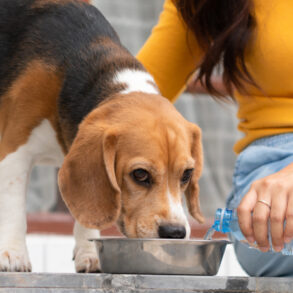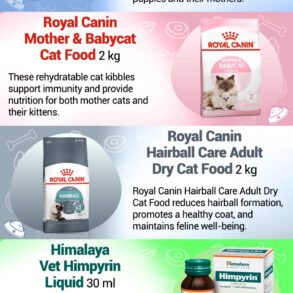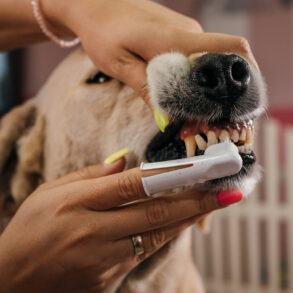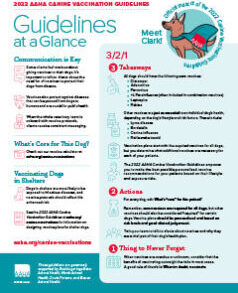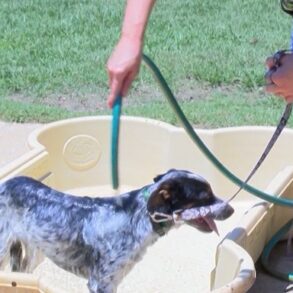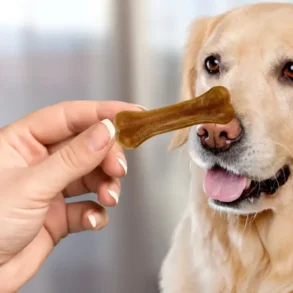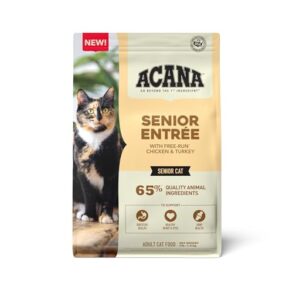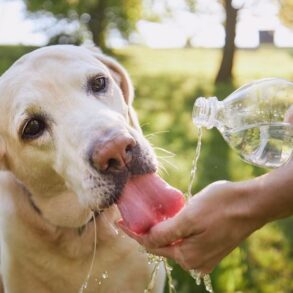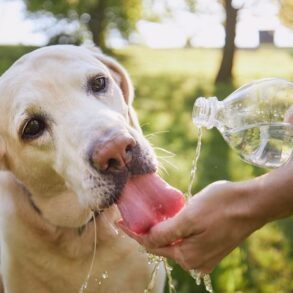There are a ton of supplements available for dogs nowadays, and as we naturally all want the best for our pets and want them to be as healthy as possible, many of these supplements are worth looking at. The first step in your dog’s overall well-being is a healthy, nutritious, balanced diet complete with all the macronutrients, vitamins, and minerals that they need to thrive. That said, there is a place for supplementation too.
L-carnitine is a vital nutrient that has many important functions in your dog’s body. A deficiency in this nutrient can result in a host of health problems, including muscle pain, lethargy, and most notably, heart disease. In this article, we take a look at the function of L-carnitine in dogs, its benefits, and whether there are any side effects associated with supplementation. Let’s dive in.





What Is L-carnitine?
L-carnitine is an essential amino acid that helps transport fatty acids in order to turn them into usable energy in your dog’s body. It’s necessary for optimal heart, brain, and muscle function. This amino acid is usually produced naturally in healthy dogs, but some dogs present a deficiency, in which case, a supplemental form of L-carnitine may be necessary. Typically, carnitine is derived from animal-based protein sources in your dog’s food, such as red meat, fish, and poultry, so including these foods in your dog’s diet is vital.
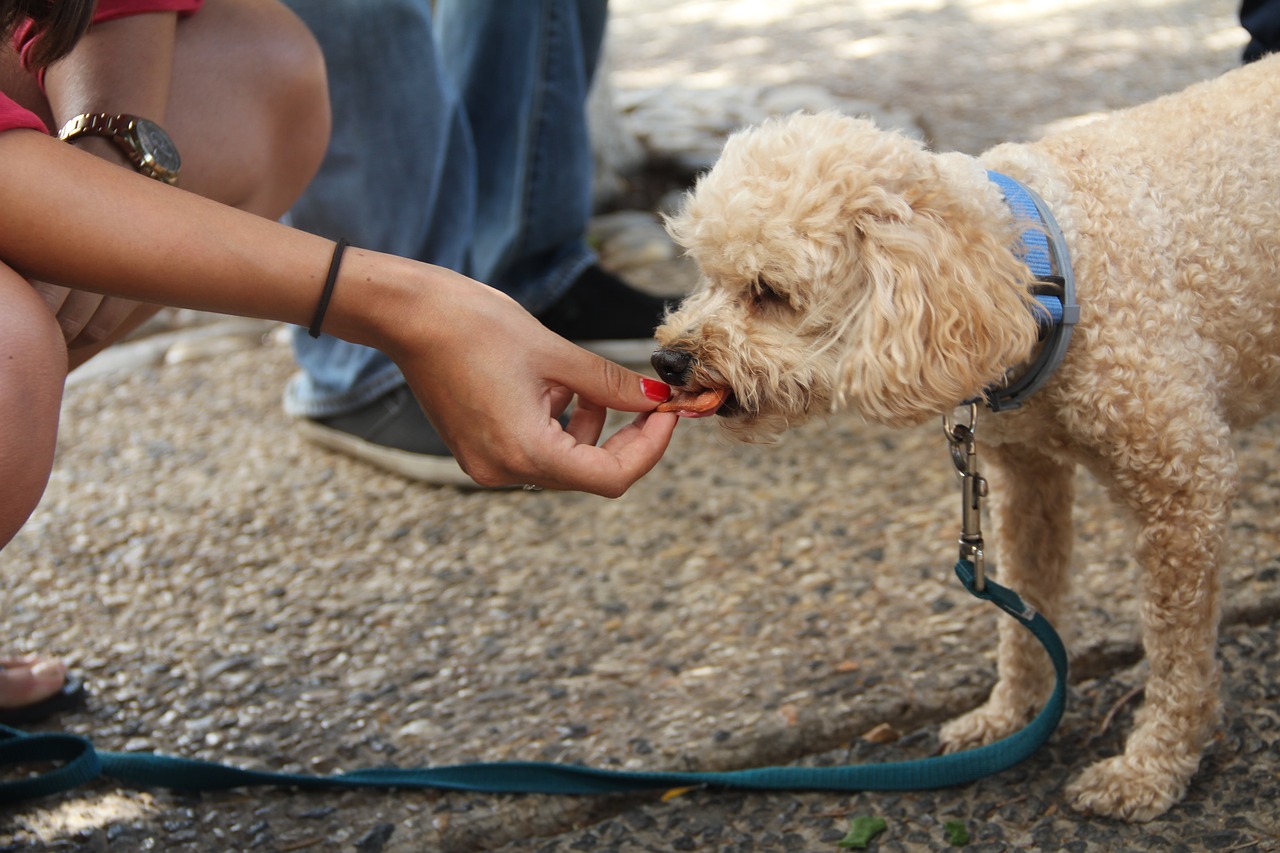

L-carnitine Benefits and Uses
There are many benefits to L-carnitine supplementation, but you should always consult with your vet before adding this supplement to your dog’s diet. A healthy, well-balanced diet should be sufficient for most dogs to produce the amino acids themselves, but there are important instances where supplementation is necessary.
The ever-growing known benefits of L-carnitine supplementation include the following.
Prevention of heart disease. L-carnitine supplementation is most often recommended for dogs with heart disease. Studies show evidence of improvement in dilated cardiomyopathy (DCM) in Boxers with L-carnitine supplementation, though the positive results are inconsistent with other breeds with the same condition. Most instances of DCM are breed-specific inherited conditions, while other cases are caused by diet, and this may have an impact on the effectiveness of supplementation.
Fat metabolism. L-carnitine aids the fat metabolism in your pooch, which can help them maintain lean muscle mass and help with muscle recovery after exercise and may even help in weight loss.
Potential Side Effects
In most cases, supplementing L-carnitine into the diet of healthy dogs is unnecessary, although many pet owners choose to take a preventative approach and give their dogs small amounts regardless.
Some commercial pet foods include L-carnitine too. In general, this is a fairly safe practice because the supplements will be broken down by your dog’s body and excreted as waste if they are not needed. Plus, L-carnitine supplements are fairly inexpensive.


There are few side effects associated with the supplementing of L-carnitine in dogs, and it is considered safe overall. Minor side effects have been reported, however, including stomach issues, nausea, diarrhea, and loss of appetite. As with any form of supplemental nutrients, it’s best to consult your vet first.
What About L-carnitine in Pet Food?
There are claims and even studies conducted around the premise that including L-carnitine in pet food can help with weight loss in overweight dogs. However, this has been shown to have a negligible effect on both weight control and weight reduction, and a reduction in overall caloric intake is effective on its own.
However, there is evidence that including L-carnitine in the diet of working dogs may benefit their performance and recovery and aid in muscle repair. In one study, Labradors that were supplemented with L-carnitine showed improvements in performance, muscle recovery, and body composition and showed less oxidative stress during strenuous exercise sessions.



Conclusion
An essential nutrient in a dog’s diet, L-carnitine is usually not something that most pet owners need to be concerned about, especially if their dogs are eating a nutritious, balanced diet with plenty of animal-based protein. There are cases where L-carnitine supplementation may be necessary, but it’s best to speak to your vet before adding it to your dog’s diet.
See also:
Featured Image Credit: LightField Studios, Shutterstock
This post was originally published on this site be sure to check out more of their content.









